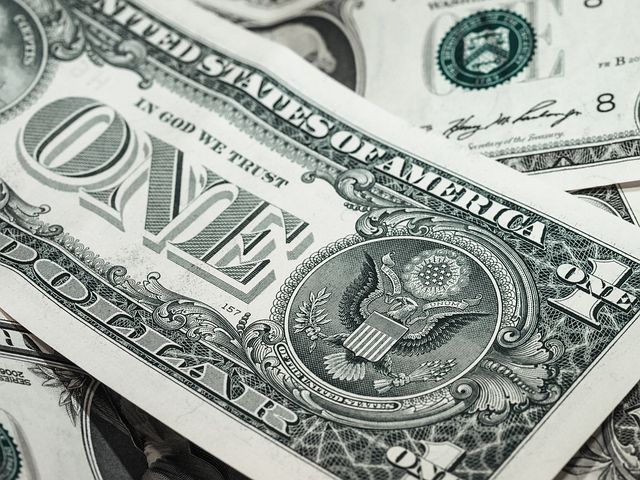Debt can be a significant burden, causing stress and financial strain. However, it is possible to manage and pay off debt effectively with the right strategies and mindset. In this blog post, we will explore some tips for paying off debt and getting on the road to financial freedom.
Understand Your Debt
Before you can begin to tackle your debt, it is essential to understand it fully. Make a list of all your debts, including the outstanding balance, interest rate, and minimum monthly payment. This will give you a clear picture of your debt and help you prioritize which debts to pay off first.
Create a Budget
Creating a budget is a critical step in managing debt. It allows you to track your income and expenses and find ways to reduce your expenses and increase your income. With a budget, you can allocate funds to paying off debt and ensure you are making progress towards your goals.
Prioritize High-Interest Debt
High-interest debt, such as credit card debt, can quickly accumulate and become unmanageable. It is essential to prioritize paying off high-interest debt first, as it will save you money in interest charges in the long run. Consider using the debt snowball or debt avalanche method to pay off your debts systematically.
Increase Your Income
One of the most effective ways to pay off debt is to increase your income. This can be done by taking on a part-time job, freelancing, or starting a side hustle. The extra income can be used to pay off debt faster and make progress toward your financial goals.
Cut Expenses
Cutting expenses is another effective way to pay off debt. Look for ways to reduce your monthly expenses, such as canceling subscriptions you no longer use, shopping for groceries more efficiently, and reducing your entertainment expenses. Every dollar saved can be put towards paying off debt.
Use Balance Transfer or Consolidation
Balance transfer and debt consolidation are two options for managing debt. A balance transfer involves transferring high-interest debt to a credit card with a lower interest rate, while debt consolidation involves combining multiple debts into a single loan with a lower interest rate. Both options can help you save money on interest charges and make it easier to manage your debt.
Avoid New Debt
It can be tempting to take on new debt, such as opening a new credit card or taking out a personal loan, but it will only make your debt situation worse. Avoid taking on new debt and focus on paying off your existing debt.
Use Windfalls Wisely
Windfalls, such as tax refunds, bonuses, or inheritances, can be used to pay off debt faster. Instead of using the money on a luxury purchase, put it towards paying off debt. It will help you make progress toward your financial goals faster.

Seek Professional Help
If you are struggling to manage your debt, seek professional help. A financial advisor or credit counselor can help you create a debt management plan and provide guidance on managing your finances.
Stay Motivated
Paying off debt can be a long and challenging journey. It is essential to stay motivated and focused on your goals. Celebrate small milestones along the way, such as paying off a credit card or reaching a certain debt balance. It will help you stay motivated and committed to paying off your debt. Visit their page where you will find lots of useful tips and ideas about finding debt relief companies.
In conclusion, paying off debt requires discipline, patience, and a willingness to make changes to your lifestyle. By understanding your debt, creating a budget, prioritizing high-interest debt, increasing your income, cutting expenses, using balance transfer or consolidation, avoiding new debt, using windfalls wisely, seeking professional help, and staying motivated, you can successfully pay off your debt and achieve financial freedom. Remember, the journey may be challenging, but the end result is worth it.





